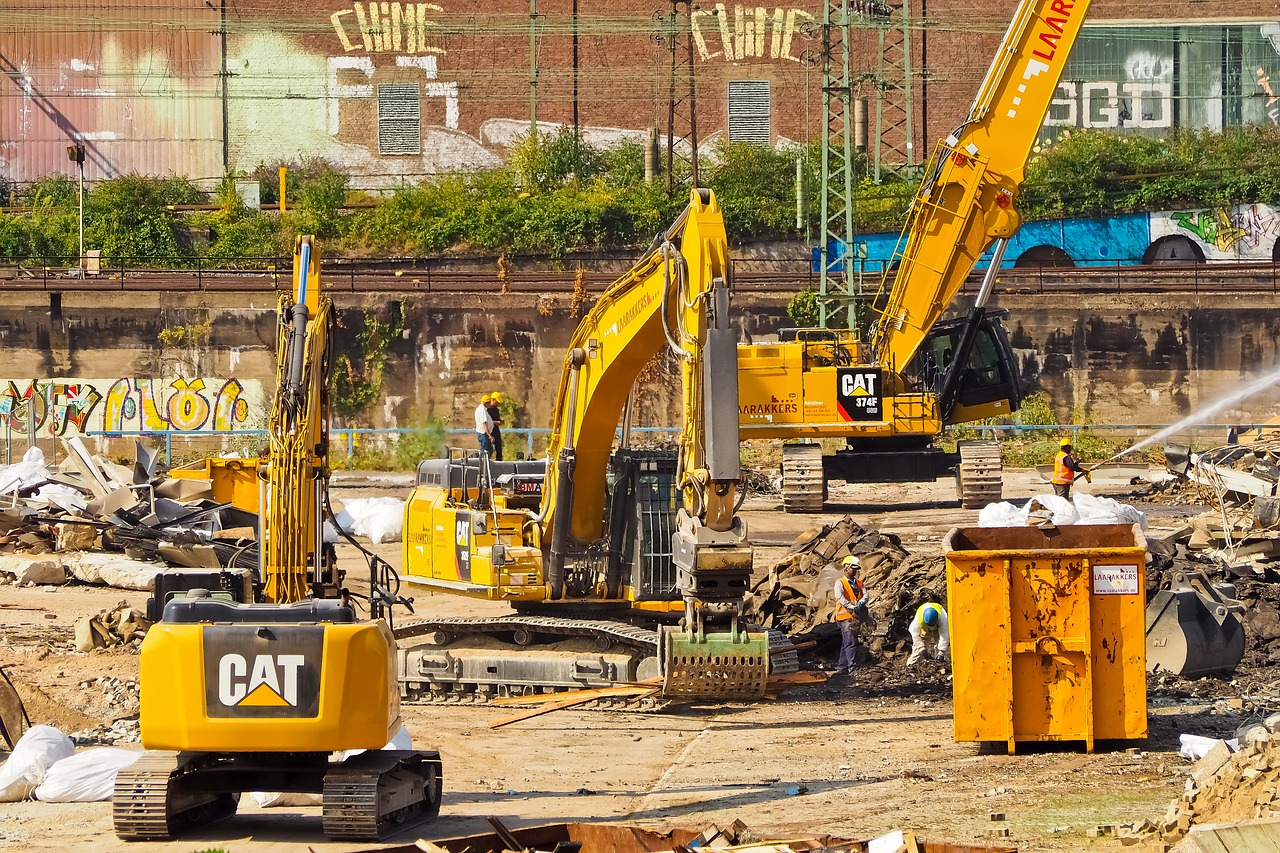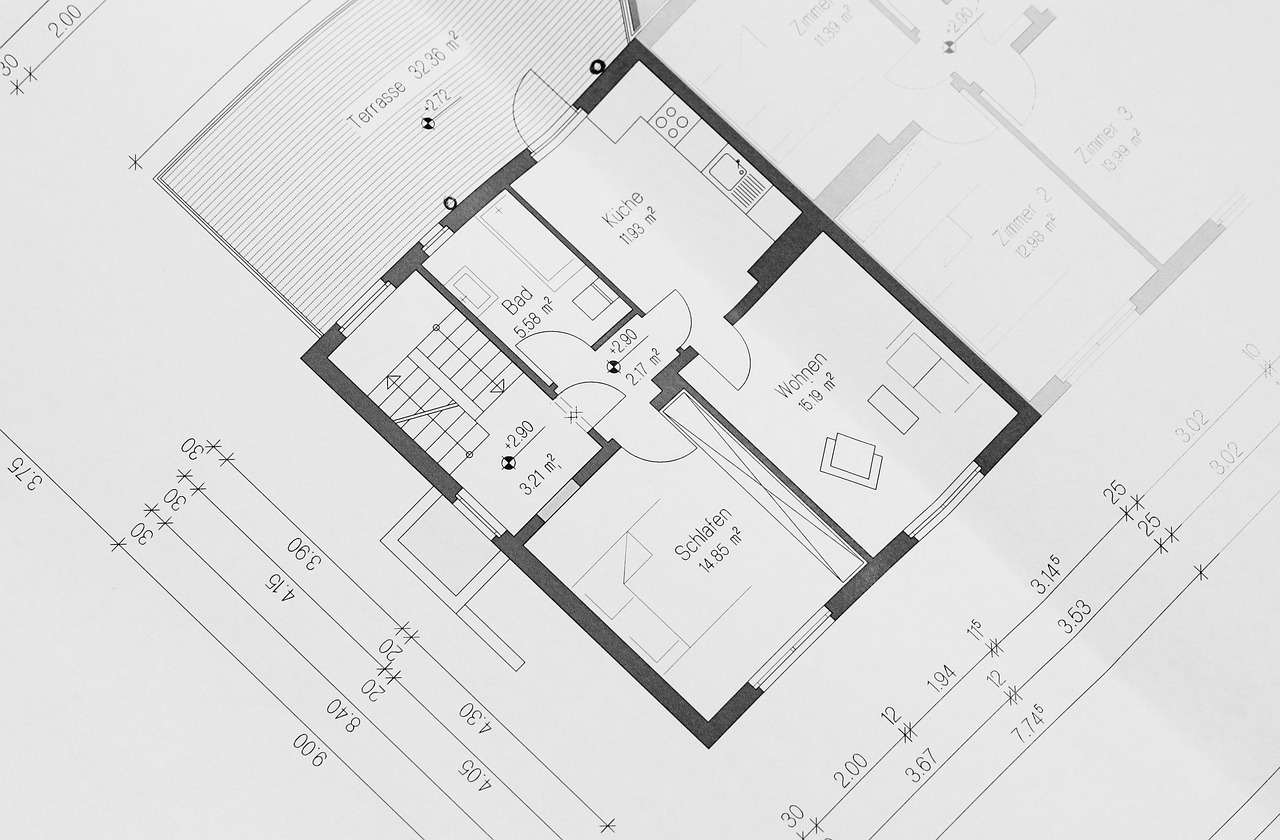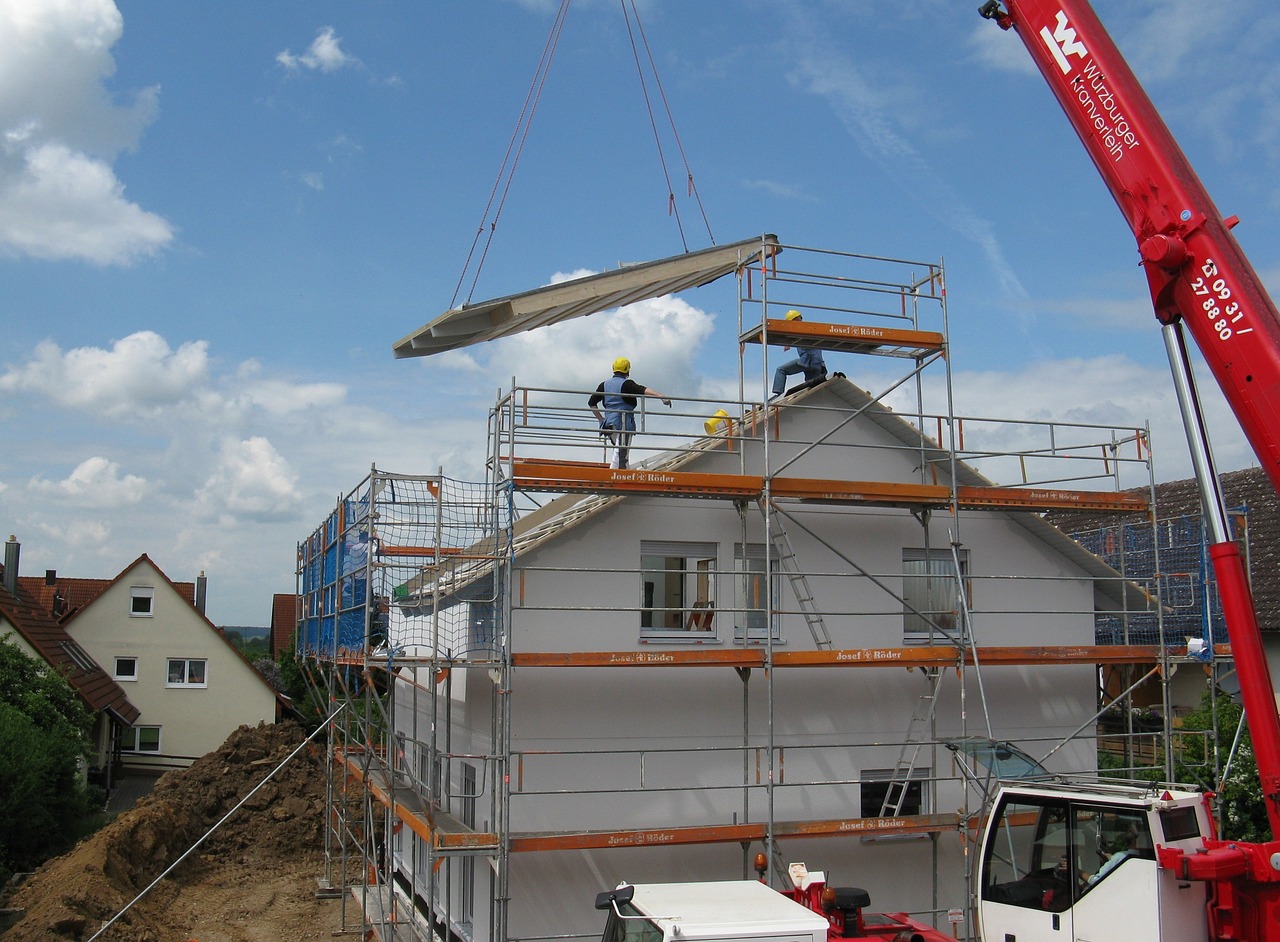Moisture control is crucial in construction for several reasons:
1. Prevents structural damage: Moisture can cause damage to the structural integrity of buildings by weakening the foundation, corroding steel reinforcements, and causing rot in wooden structures. This can lead to cracks, sagging, and eventual collapse of the building.
2. Prevents mold growth: Moisture promotes the growth of mold, which can cause health problems such as allergies, respiratory issues, and even death. Mold can also damage the building’s materials, resulting in costly repairs and remediation.
3. Improves indoor air quality: Too much moisture in the air can lead to a high level of humidity, which can cause discomfort to occupants and make the indoor environment more susceptible to pollutants and contaminants.
4. Reduces energy costs: Moisture in building materials and the air can create a thermal bridge, causing the heating and cooling systems to work harder to maintain a comfortable temperature. This can result in higher energy costs for HVAC systems.
5. Enhances durability and longevity: Proper moisture control can extend the life of building materials, reducing the need for costly replacements and repairs over time. It also ensures that the building remains stable and safe for occupants.
Overall, moisture control in construction is essential for ensuring the safety, comfort, and longevity of buildings.


